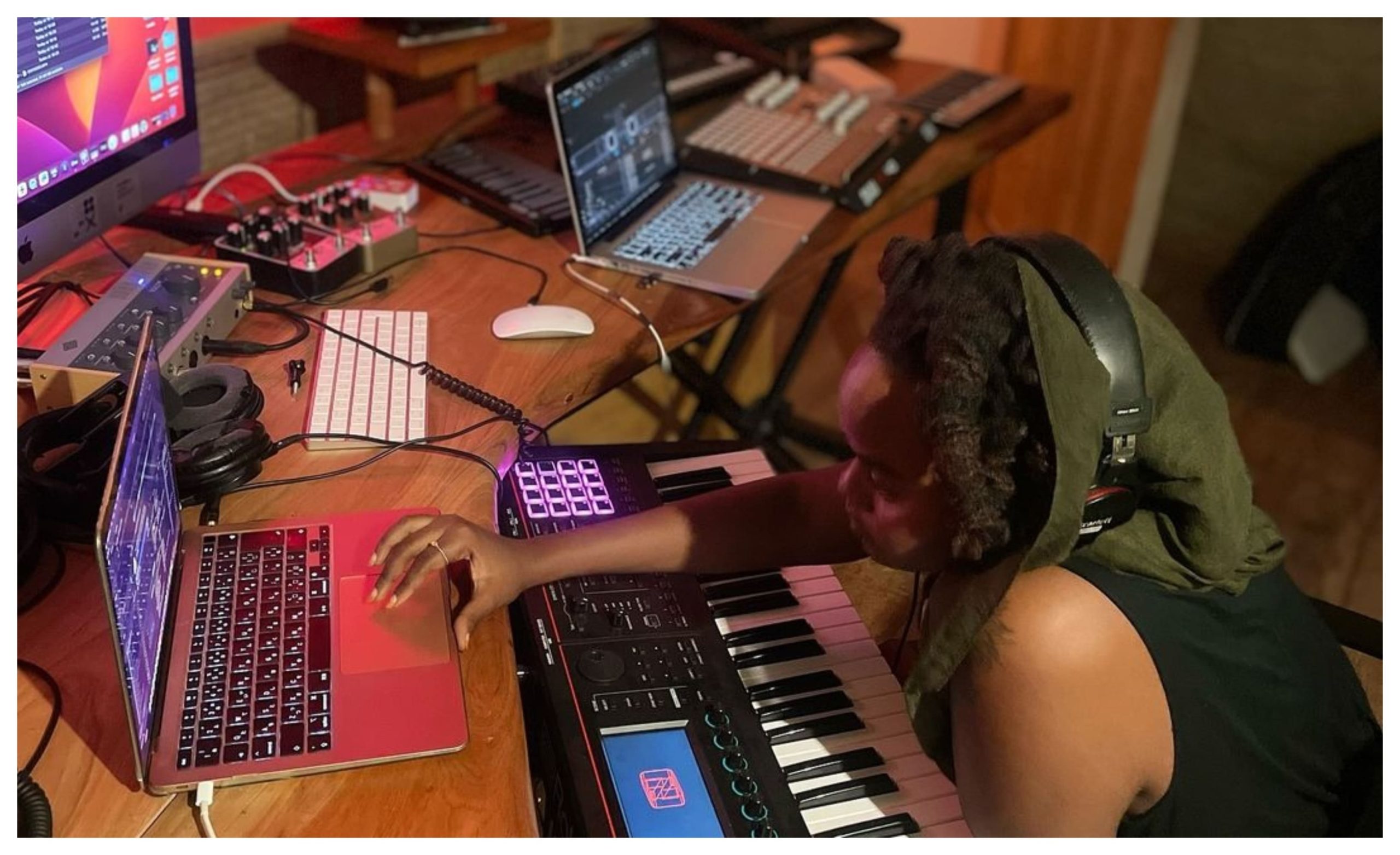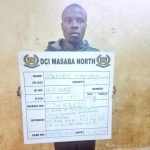Beneath the Baobabs, the popular New Year’s music festival, is gearing up for its 10th anniversary this December in Kilifi.
In preparation, the organising team recently hosted a pop-up event in Nairobi where fans were introduced to the festival’s latest project, a music production studio dedicated to reimagining traditional Mijikenda music and uplifting coastal talent.
At the event, KBC Digital spoke with Lemi, the Head of Artistes at Beneath the Baobabs, to learn more about this exciting new venture.
When did you officially launch the Baobab studios?
Lemi: We launched the studio in March this year. It is something we have always envisioned since starting the team. We wanted a headquarters to anchor our projects. So far, we have conducted various workshops, especially with the community, and it’s been eye-opening. We have connected with so many people we might never have met otherwise.
What inspired you to expand beyond just hosting the festival to opening a studio?
We noticed that people usually only visit the festival grounds during events. But now, with the studio, we are attracting young talent, especially students from Pwani University who are passionate about music. This has opened up new opportunities for collaboration.
Why focus on recording traditional Mijikenda music in a modern studio?
We have been working with musicians in the Malindi District Cultural Association, which has been documenting Mijikenda music for over two decades. Many of these older musicians are the last keepers of their musical traditions. It is a historic moment because, for the first time, these genres are being professionally recorded. It is however bittersweet since these might be the last known people to play those instruments and these genres of music, so it adds a very deep sense of purpose to what we are doing.
How has the studio’s work progressed since it opened?
This year, we curated the festival line-up directly from the studio. We’ve been recording with talents from Kilifi and Mombasa. Next year, we’re excited to release a project that blends traditional Mijikenda sounds with modern music. It’ll be a compilation of both original tracks and remixes, offering a fresh take on these timeless sounds.

How have traditional Mijikenda artistes responded to this modern approach?
It has been incredibly touching. When we played their music mixed with electronic beats, some of those older artistes were very moved. They never imagined hearing their voices paired with modern sounds. It has made our studio more than just a recording space. It has really become the centre of our creative community.
Has the studio strengthened your connection with the local community?
Absolutely. Beyond recording, we have hosted cultural events, like a Mashujaa Day celebration featuring a walk honouring the Mijikenda heroine, Mekatilili wa Menza. The community appreciated having a dedicated space that respects and supports their heritage. Initially, locals were unsure about the festival, they thought it was something mysterious with the bonfires and music in the forest. Now they are part of it. We are even featuring Mijikenda bands to open the festival this year.

Has this changed how Beneath the Baobabs operates?
Definitely. As we expand, more creatives are discovering us, and it has led to a steady flow of talent, especially from Kilifi and Mombasa. We are not just attracting traditional musicians but also young, alternative artistes who didn’t have a structured scene in Kilifi like they would in Nairobi. We are gradually building that platform for them.
Do you actively recruit talents for the studio?
At first, we scouted for talent, but now, word has spread, and artists are coming to us. We have been running the studio for just six months, and it is already becoming a beacon for both established and emerging musicians. It is wonderful to see people showing up, eager to get involved.
What about the financial side of production?
Well, we are still growing so we can’t offer free services yet. However, we connect artistes with potential sponsors who can fund their projects. There’s a lot of very gracious people who want to support the music scene and with the right partners the industry can grow.
When can we expect your first release?
We are dropping our first project at the end of January. It will be a summary of our first year of operation so stay tuned for that. We look forward to sharing that with the world.





